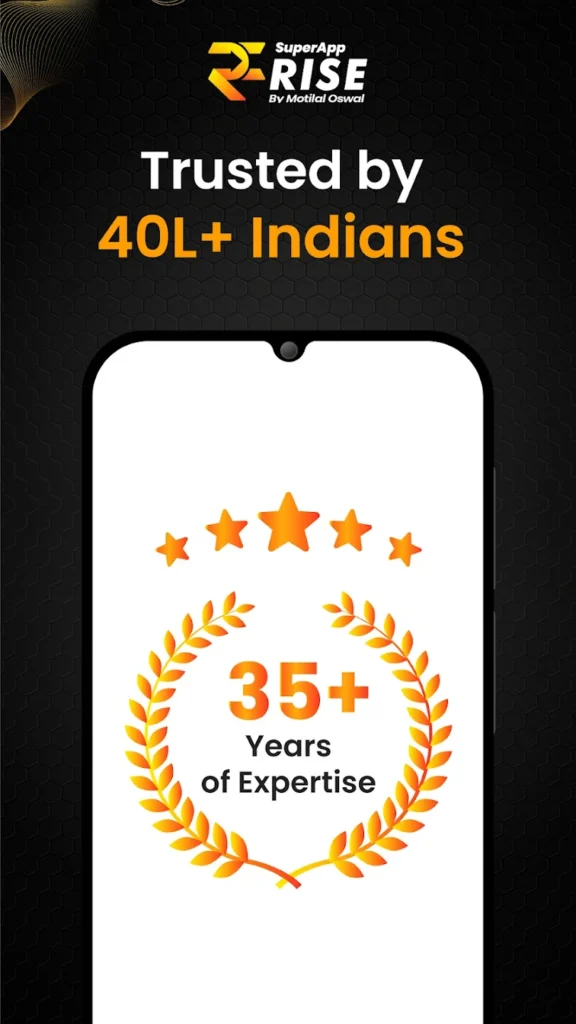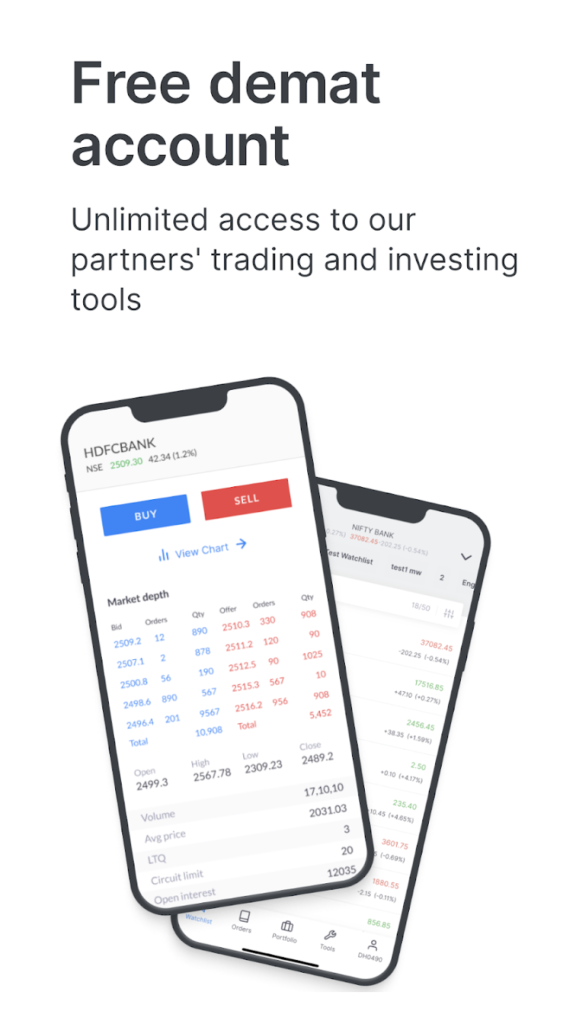In today’s data-driven business landscape, marketing analytics apps have become indispensable for decision-makers aiming to maximize return on investment (ROI). These tools provide valuable insights into customer behavior, campaign performance, and market trends, enabling businesses to optimize their marketing efforts effectively. However, with a growing number of analytics solutions available, choosing the right tool that offers the best ROI can be daunting.
In this comprehensive review, we explore some of the leading marketing analytics apps, evaluating their features, pricing, usability, integration capabilities, and overall impact on business growth. Whether you’re a small business owner, a marketing professional, or a C-suite executive, understanding which app delivers the highest value can help you make informed investment decisions and boost your marketing effectiveness.
What to Look for in a Marketing Analytics App
Before diving into specific apps, it’s crucial to understand the criteria that define a valuable marketing analytics tool:
- Data Accuracy & Depth: The ability to track multiple channels with precise, granular data.
- User-Friendly Interface: Accessible dashboards and visualizations that simplify complex data.
- Integration Flexibility: Compatibility with popular platforms like Google Ads, Facebook Ads, CRM systems, and e-commerce stores.
- Real-Time Reporting: Instant access to campaign metrics and actionable insights.
- Customization: Custom reports and KPIs tailored to your business goals.
- Security & Compliance: Robust data protection policies compliant with GDPR, CCPA, etc.
- Cost vs. Benefit: Transparent pricing models aligned with the scale of your marketing operations.
Top Marketing Analytics Apps and Their ROI Potential
1. Google Analytics 4 (GA4)
Google Analytics 4 remains the industry standard for website and app analytics. Its evolution from Universal Analytics to GA4 brings advanced AI-driven insights, cross-platform tracking, and enhanced user journey visualization.
Key Features
- Event-based data model for flexible tracking
- Integration with Google Ads and Google Data Studio
- Machine learning-powered predictive metrics
- Free to use with a premium enterprise option (Google Analytics 360)
- Real-time data reporting
Pros and Cons
- Pros: Highly comprehensive, integrates easily with Google marketing tools, strong community support.
- Cons: Can be complex for beginners, steep learning curve for GA4 interface, data sampling issues in free version.
Pricing
The core GA4 platform is free, while Google Analytics 360 starts at around $150,000 annually, targeted at enterprises.
Best Use Cases
Ideal for businesses heavily invested in Google Ads campaigns and those looking to analyze both app and web performance in one platform.
Integration Capabilities
Native integration with Google Ads, Search Console, BigQuery, and hundreds of third-party apps via APIs.
2. HubSpot Marketing Analytics
HubSpot Marketing Analytics offers a robust analytics suite embedded within its all-in-one CRM and marketing platform.
Key Features
- Customizable dashboards showing lead generation, campaign ROI, and customer journey insights
- Marketing attribution reports to track channel effectiveness
- Seamless integration with sales and service tools for end-to-end visibility
- Automated reporting with scheduled email delivery
Pros and Cons
- Pros: Unified marketing and sales data, intuitive user interface, excellent customer support.
- Cons: Higher cost for advanced analytics modules, some features limited to premium tiers.
Pricing
HubSpot Marketing Hub pricing starts at $50/month for Starter, with Professional and Enterprise plans ranging from $800 to $3,200 monthly depending on features and contacts.
Best Use Cases
Best suited for mid-sized to large businesses seeking integrated marketing and sales analytics in one platform.
Integration Capabilities
Native integrations with popular platforms like Salesforce, Shopify, and Mailchimp, plus API support.
3. Mixpanel
Mixpanel is designed primarily for product and user behavior analytics but also excels in marketing attribution and funnel analysis.
Key Features
- Event-based tracking focused on user engagement
- Advanced cohort analysis and retention reports
- AI-driven predictive analytics and anomaly detection
- Flexible segmentation and funnel conversion tracking
Pros and Cons
- Pros: Deep behavioral insights, scalable, powerful segmentation.
- Cons: More technical setup, expensive for large datasets, limited traditional marketing metrics.
Pricing
Mixpanel offers a free tier with limited data points; paid plans start at $25/month and scale based on data volume.
Best Use Cases
Great for SaaS businesses and app developers focused on user retention and engagement metrics.
Integration Capabilities
Integrates with many CRM, marketing, and data warehousing tools, including Salesforce, Segment, and Zapier.
4. Tableau
Tableau is a leading data visualization platform used by enterprises to create custom marketing dashboards.
Key Features
- Drag-and-drop dashboard creation
- Connects to a vast array of data sources including databases, cloud services, and spreadsheets
- Real-time data blending and advanced analytics
- Mobile-friendly dashboards
Pros and Cons
- Pros: Powerful visualization, highly customizable, supports complex data models.
- Cons: Requires training, higher upfront cost, not specifically designed for marketing but flexible.
Pricing
Tableau Creator licenses start at $70/user/month; Viewer and Explorer licenses are available at lower rates.
Best Use Cases
Enterprises with large, complex datasets needing advanced visualizations across marketing and other departments.
Integration Capabilities
Connects with almost any data source, including marketing databases, Google Analytics, Salesforce, and more.
Security Considerations in Marketing Analytics
With growing privacy regulations such as GDPR and CCPA, security is a critical factor when selecting a marketing analytics app. Leading platforms ensure:
- Encrypted data transmission and storage
- Granular user access controls and audit logs
- Compliance certifications and regular security audits
For example, Google Analytics offers GDPR-compliant data processing, while HubSpot provides extensive security certifications to safeguard client data. Businesses should always verify these aspects before integrating sensitive marketing and customer data into analytics platforms.
Real User Testimonials
“Since switching to HubSpot Marketing Analytics, our campaign tracking has become seamless. The integration with our CRM saves us countless hours and has improved our lead conversion rate by 20%.” – Sarah J., Marketing Manager
“Google Analytics 4 provides deep insights at no cost, but it took some time to get used to the new interface. Once mastered, the predictive metrics helped us target high-value customers effectively.” – David L., Digital Strategist
ROI and Benefit Analysis
When assessing ROI from marketing analytics apps, consider:
- Cost Efficiency: Does the app’s pricing align with the business scale and budget?
- Time Savings: How much time does it save in generating actionable reports?
- Revenue Impact: Can it directly influence campaign performance and sales growth?
- Scalability: Will it accommodate your business growth and evolving analytics needs?
Platforms like Google Analytics offer tremendous value for smaller businesses with limited budgets. In contrast, enterprise platforms like Tableau or HubSpot provide comprehensive solutions that drive measurable ROI through automation, integrations, and advanced analytics.
How to Choose the Best Marketing Analytics App for Your Business
To pick the right tool, start by:
- Defining clear marketing goals and KPIs
- Evaluating your existing marketing stack and integration needs
- Considering the technical skill level of your team
- Testing free trials or demos before committing
- Reviewing support and training resources
For additional guidance and expert reviews, visit bti.to, where business professionals can explore detailed app analyses tailored to maximize marketing ROI.
Conclusion
The marketing analytics landscape offers a variety of powerful tools suited to different business sizes, industries, and technical expertise. Google Analytics 4 stands out for its robust free offering and Google ecosystem integrations, while HubSpot appeals to those needing an all-in-one CRM and marketing platform. Mixpanel is excellent for behavior-driven marketing strategies, and Tableau excels in advanced data visualization for enterprises.
Ultimately, the best ROI comes from choosing an analytics app that aligns closely with your marketing objectives, budget, and team capabilities, ensuring data-driven decisions that fuel growth and profitability.


